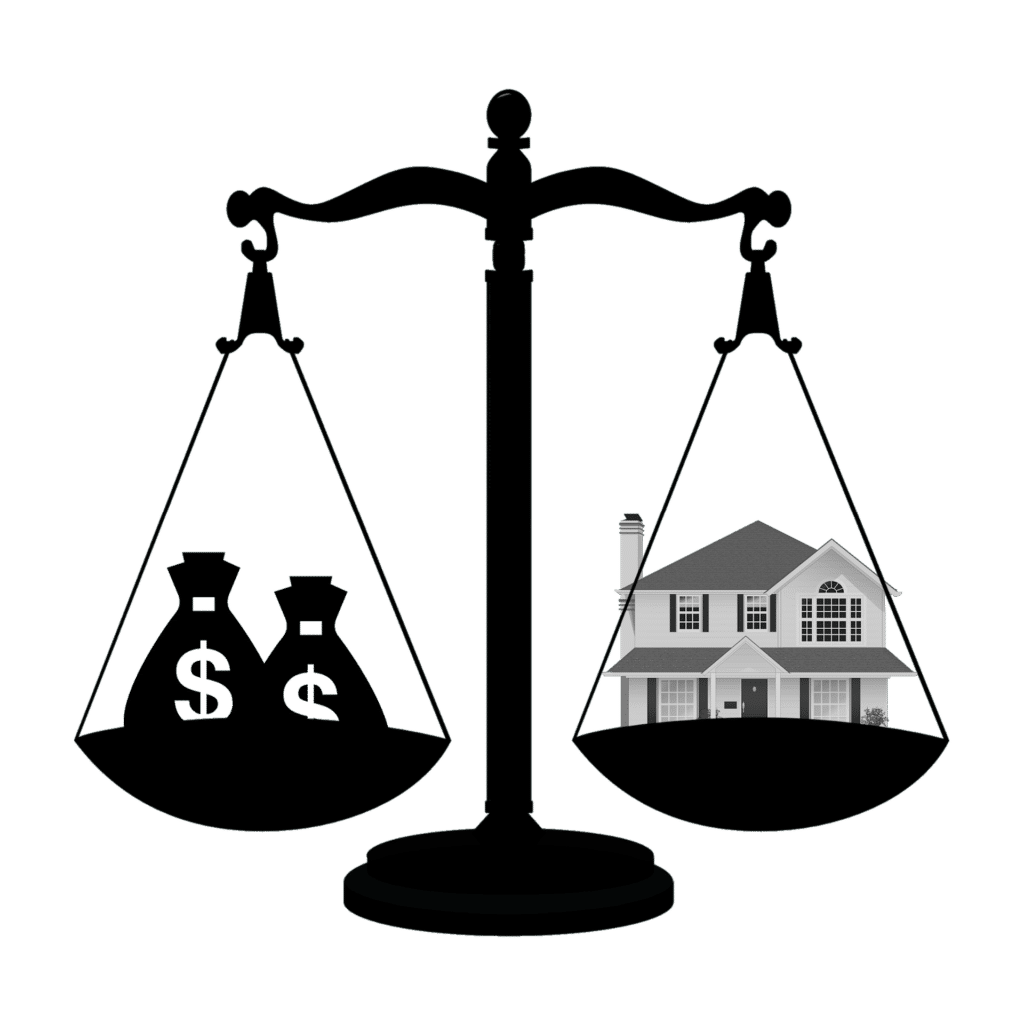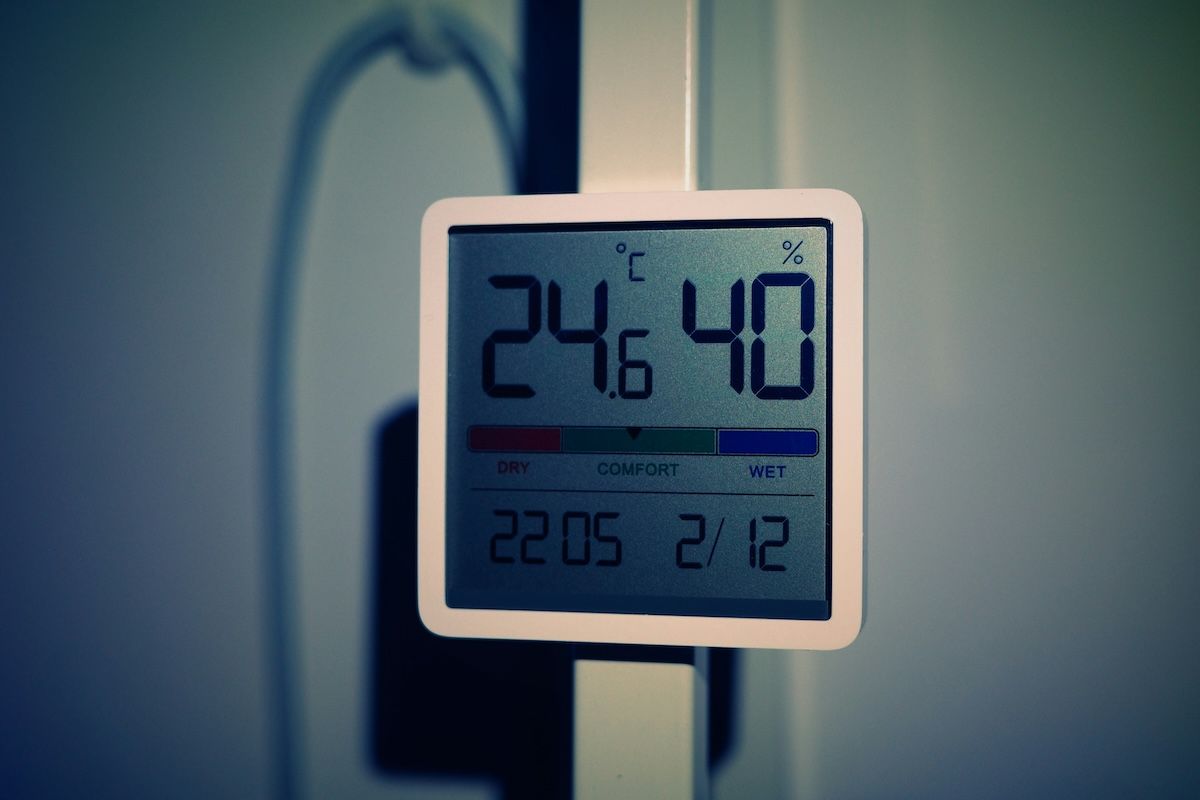Mortgage Points: How They Can Save You Money

Mortgage points are one of the many ways that you can save money on your mortgage. By paying a certain number of points, you can get a lower interest rate on your loan. This can save you a lot of money in the long run, especially if you plan to stay in your home for a long time. In this article, we’ll take a look at how mortgage points work and how they can save you money.
What are Points on a Loan?
Mortgage points are a type of loan discount. They’re also called “discount points,” “rate ,” or simply “points.” One point equals one percent of your loan amount. The more points you pay, the lower your interest rate will be. This is because you’re essentially paying for a lower rate upfront. The amount of money you save with each point depends on your interest rate and loan term.
For example, if you are taking out a $200,000 loan, and you pay one point, or $2,000, your interest rate may be reduced by 0.25%. So, if your interest rate on a 30-year fixed loan was 4%, it would be reduced to 3.75%. This may not seem like much, but over the life of the loan, you would save almost $8,000 in interest payments.
Of course, you don’t have to pay points to get a lower interest rate. You can simply ask your lender for a lower rate without paying anything upfront. However, if you don’t have much negotiating power, paying points may be the only way to get a lower rate.
Do All Lenders Allow You to Buy Down Your Interest Rate?
No. Some lenders don’t allow their borrowers to buy down their interest rates. They may say that it’s against their policy or that it’s not offered on the type of loan you’re getting. If this is the case, you may need to look for a different lender who does allow rate buydowns.
Can I Pay Points on an Adjustable-Rate Mortgage?
Yes, you can pay points on an adjustable-rate mortgage (ARM), but there are a few things to keep in mind. First of all, the interest rate reduction may not be as much as it would be on a fixed-rate mortgage. Secondly, they only affect the initial fixed-rate period and will not apply to the adjustable rates that follow.
For example, let’s say you have a 5/1 ARM with an interest rate of 4%. If you pay one point, or $2,000, your interest rate may be reduced to 3.5% for the first five years. After that, the interest rate will adjust according to market conditions.
Should I Pay Points on My Mortgage?
Whether or not you should pay points on your mortgage depends on a few factors. First of all, you need to consider how long you plan to stay in your home. If you’re only planning on living there for a few years, it may not be worth it. This is because you may not stay long enough to benefit from the interest savings.
Secondly, you need to consider your financial situation. If you can afford to pay the upfront cost, it may be worth it to do so. However, if you’re tight on cash, it may be better to wait and see if you can get a lower rate without them.
Finally, you need to compare the interest rate with and without points. This will help you decide whether or not paying them is worth it.
Why You Shouldn’t Buy Down Your Rate
Buying down your interest rate on a mortgage is not always a good idea. In some cases, it may not be worth the upfront cost. In other cases, you may not qualify for a lower interest rate even if you do pay points. Here are a few reasons why you shouldn’t buy points on a mortgage:
You Don’t Plan to Stay in Your Home for Long
If you’re not planning on staying in your home for long, it’s probably not worth it to pay points. This is because you may not stay long enough to benefit from the interest savings.
You Don’t Qualify for a Lower Rate
Even if you do want to pay down your rate, you may not qualify for a lower interest rate. This is because lenders use a variety of factors to determine interest rates, and paying points is not always enough to get a lower rate.
The Upfront Cost Is Too High
Paying points can be expensive. In some cases, the upfront cost may be more than you’re comfortable with. It’s important to weigh the cost of points against the potential interest savings to see if it’s worth it.
Are Points Tax-Deductible?
Typically, the IRS does allow you to deduct points in the tax year you pay them. However, they are not always tax-deductible. You should speak to a tax advisor to see if you qualify for a deduction.
Conclusion
Paying points on a mortgage can help you get a lower interest rate. However, it’s not always a good idea. There are many factors to consider before deciding whether or not to pay points. You should speak to a lender to see if it’s worth it for your specific situation.





